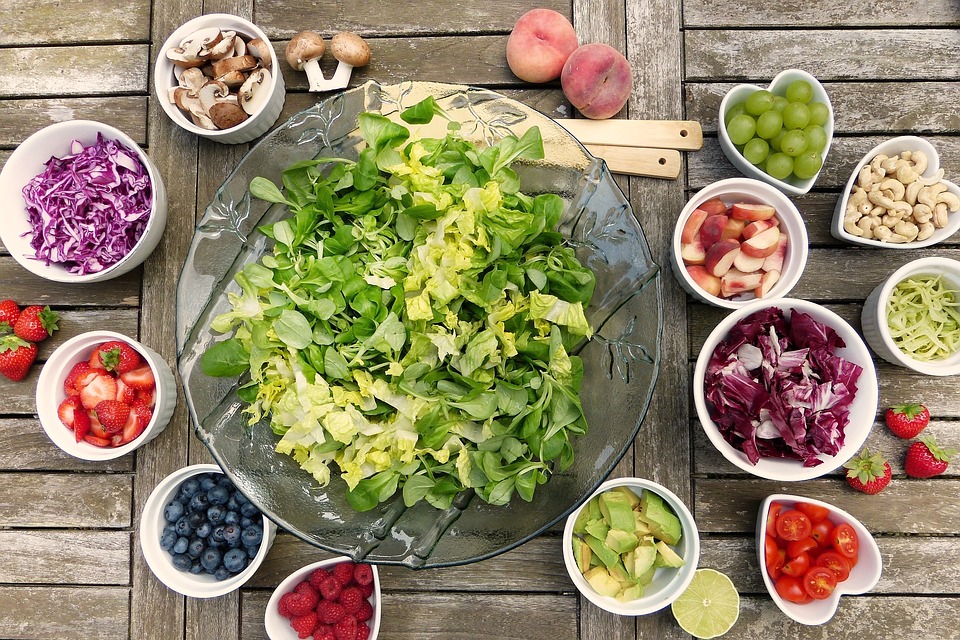Millions of people suffer from constipation every day. For most, this is because they do not eat enough fiber. Eating a fiber-rich diet and drinking plenty of fluids every day are the best ways to stay regular. The recommended daily intake of fiber for adults is 20-35 grams. Adding just a few fiber-rich foods daily can help most meet these requirements.
Drinking plenty of fluids is important, but it is also important to be sure that they are the right types of fluids. Caffeine, found in regular coffee, and some teas and sodas, can be dehydrating and should be avoided. Alcohol consumption can also lead to dehydration. However, drinking warm liquids first thing in the morning, such as herbal tea, may help. Adults should drink at least 8 glasses of water daily, warm or cold.
Fruits and vegetables are common sources of dietary fiber. Dried fruits, such as apricots, prunes, figs, and raisins, are often cited as concentrated sources of fiber in the diet. Vegetables are also a good source of fiber. Spinach contains 2 grams of fiber in every 1/2 cup, as does 3/4 cup of strawberries. Corn on the cob, a summer favorite, contains up to 6 grams of fiber per serving.
Beans are one of the best foods to eat to fight constipation. For example, 1/2 cup of kidney beans contains 5.8 grams of fiber. Pinto beans contain an astonishing 10.4 grams of fiber per 3/4 cup. Navy beans and baked beans also contain more than 8 grams of fiber per serving.
Whole grain cereals and bread have gained popularity over the past few years, not least because they contain far more fiber than their more processed counterparts. Bran, oats, and wheat all contain varying amounts. Bran muffins are often touted as the solution to constipation, but the amount of fiber can vary drastically depending on the recipe used. Bran muffins can also pack a lot of calories, so checking the label is important. Whole grain bread typically contains a full gram more of fiber than white bread. Brown rice provides 2.4 grams of fiber per half cup serving versus 0.1 gram in white rice.
While trying to get enough fiber, it is also important to not go overboard. Eating too much fiber can cause abdominal discomfort and gas. Increasing fiber intake should be done gradually for maximum benefit with minimum side effects. Drinking 8 glasses of water a day and eating plenty of fruits and vegetables will enable most people to live without constipation.

